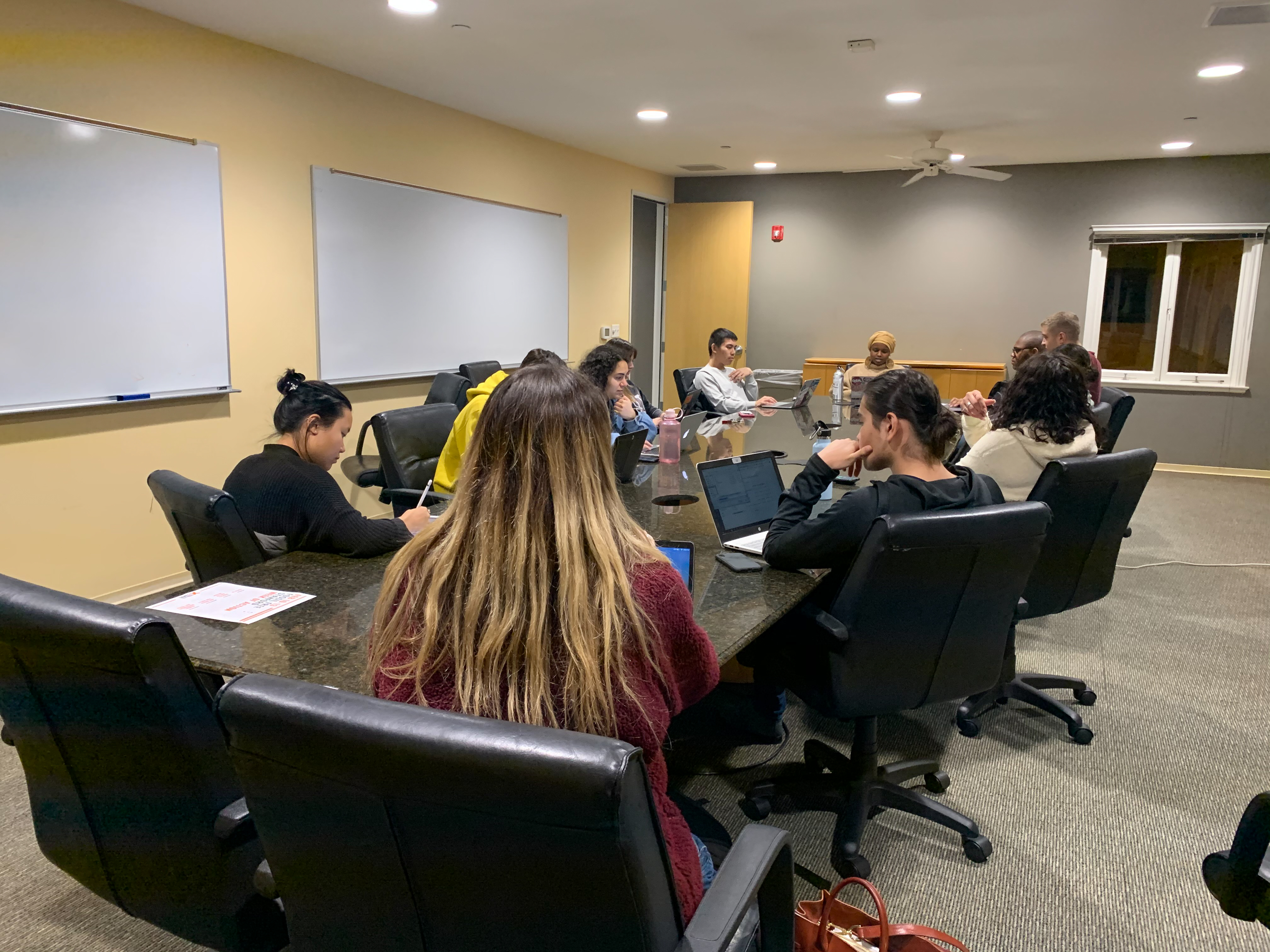The 21st Undergraduate Senate discussed a resolution to place Narcan and fentanyl kits in dorms and houses at their Tuesday meeting. The Senate also discussed a resolution to establish free Bay Area transport for students and a resolution to create public voting records of the ASSU Senate meetings in an effort to provide more transparency for the student body.
Senator Sam Schimmel ’22 proposed a resolution to urge the University to provide at least one dose of Narcan in the first aid kit of all dorms and houses. Narcan is a naloxone nasal spray used as an emergency treatment of opioid overdose.
“Every life is worth saving,” Schimmel said in a later comment to The Daily. “According to the U.S. Surgeon General, expanding the awareness and the availability of Narcan is a key part of the public health response to the opioid epidemic which impacts our community. Having Narcan on hand makes our community a safer place.”
The Stanford University Department of Public Safety (SUDPS) sent out an AlertSU notification to the Stanford community on Jan. 17 warning people against consumption of medications that have not been prescribed to them, as the Department has received reports of illegally manufactured pills containing fentanyl.
According to Schimmel, the passage of this resolution does not condone the consumption of non-prescribed narcotics, but, instead, creates an important safety measure that the University can provide for the student body.
Although senators largely supported the resolution, many felt that further research was needed.
Senator Mià Bahr ’22 said that while she supports the resolution, it would be irresponsible to pass it as is.
“Something like this cannot be rushed,” Bahr said. “I think it would be a disservice to the community and also to anyone struggling with addiction.”
Bahr reminded senators that under a California Public Health Standing Order everyone is eligible to get naloxone and that California pharmacists are available for naloxone kit training. Bahr urged Schimmel to add these facts to the resolution.
“This needs to be perfect,” Bahr said. “There will be people at the University who will find any way to say no to this because they don’t understand that people who use drugs are people and that no one deserves to lose their friend or their brother or their son or their family member.”
The Senate also discussed a resolution to ask that the University provide free Bay Area transit for students. The resolution seeks to address the barriers for many students to access public transport due to the high costs of services such as the Bay Area Rapid Transport (BART) and Caltrain.
Although the resolution is still in its beginning stages, some features proposed by the Senate would be the provision of a Clipper Card for students, which allows access to at least ten different services, including BART and Caltrain, as well as Golden Gate Transit and Marin Transit.
Senator Veronica Ayala ’22 discussed a pilot program for the resolution, specifically targeted towards first-gen low-income students, which could gather data on the program’s usage and make a more compelling case for administration.
At the conclusion of the meeting, senators discussed a bill to create public voting records on the activities of the Undergraduate Senate.
According to Senator Micheal Brown ’22, who proposed this bill, this will require a revision of the current ASSU constitution and will be an important step in communicating the work of the student senate to the larger student body.
A recent Daily Editorial Board piece discussed the lack of information on the ASSU website as well as an overall lack of transparency in student government. According to Brown, this bill reiterates that transparency and communication are a top priority for the student senate.
“I hope that this bill will make people understand that we are currently working and creating legislation, and that will inspire people to care,” Brown said.
Contact Emilia Diaz-Magaloni at emilia2 ‘at’ stanford.edu.
